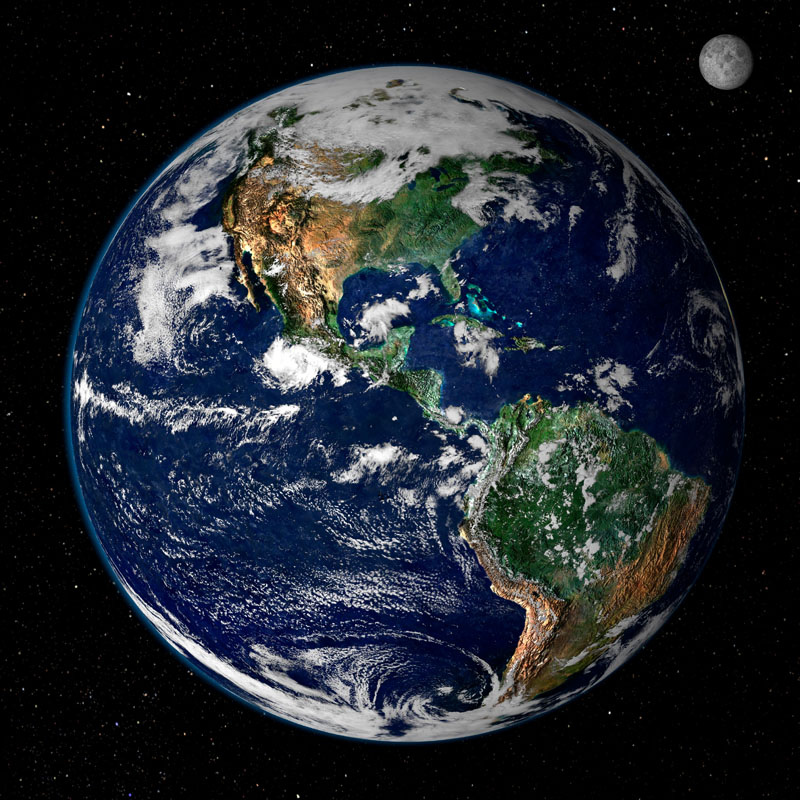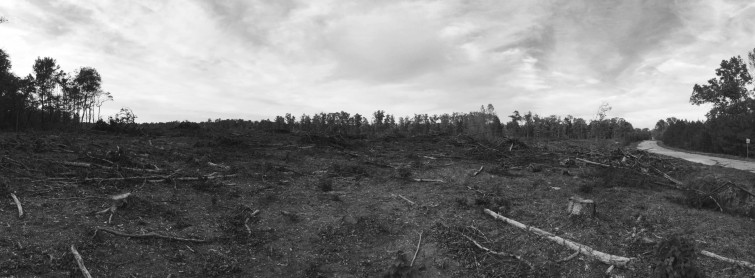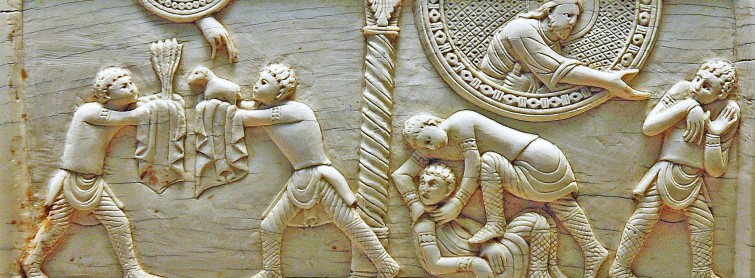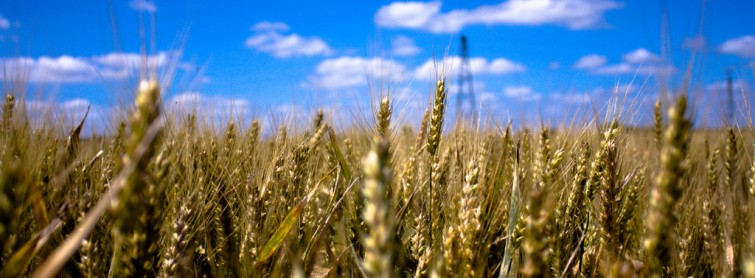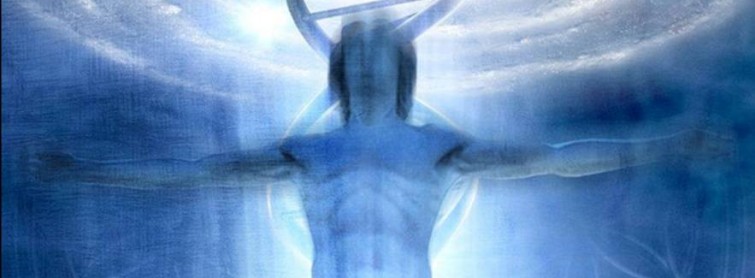Principles of Scientific Creationism
- The physical universe of space, time, matter, and energy has not always existed, but was supernaturally created by a transcendent personal Creator who alone has existed from eternity.
- The phenomenon of biological life did not develop by natural processes from inanimate systems, but was specially and supernaturally created by the Creator.
- Each of the major kinds of plants and animals were created functionally, complete from the beginning, and did not evolve from some other kind of organism. Changes in basic kinds since their first creation are limited to ‘horizontal’ changes (variations) within the kinds, or ‘downward’ changes (e.g., harmful mutations, extinctions etc…)
- The first human beings did not evolve from an animal ancestry, but were specially created in fully human form from the start. Furthermore, the ‘spiritual’ nature of man (self-image, moral consciousness, abstract reasoning, language, will, religious nature, etc..) is itself a supernaturally created entity distinct from mere biological life.
- The record of the earth’s history, as preserved in the earth’s crust, especially in the rocks and fossil deposits, is primarily a record of catastrophic intensities of natural processes, operating largely within uniform natural laws, rather than one of gradualism and relatively uniform process rates. There are many scientific evidences for a relatively recent creation of the earth and the universe, in addition to strong scientific evidence that most of the earth’s fossiliferous sedimentary rocks were formed in an even more recent global hydraulic cataclysm.
- Processes today operate primarily within fixed natural laws and relatively uniform process rates, but since these were themselves originally created and are daily maintained by their Creator, there is always the possibility of miraculous intervention in these laws or processes by their Creator. Evidences for such intervention should be scrutinized critically, however, because there must be clear and adequate reason for any such action on the part of the Creator.
- The universe and life have somehow been impaired since the completion of creation, so that imperfections in structure, disease, ageing, extinctions, and other such phenomena are the result of ‘negative’ changes in properties and processes occurring in an originally-perfect created order.
- Since the universe and its primary components were created perfect for their purposes in the beginning by a competent and volitional Creator, and since the Creator does remain active in this now-decaying creation, there do exist ultimate purposes and meanings in the universe. Teleological considerations, therefore, are appropriate in scientific studies whenever they are consistent with the actual data of observation. Furthermore, it is reasonable to assume that the creation presently awaits the consummation of the Creator’s purpose.
- Although people are finite and scientific data concerning origins are always circumstantial and incomplete, the human mind (if open to possibility of creation) is able to explore the manifestations of that Creator rationally, scientifically, and teleologically.
Sources:
www.icr.org

